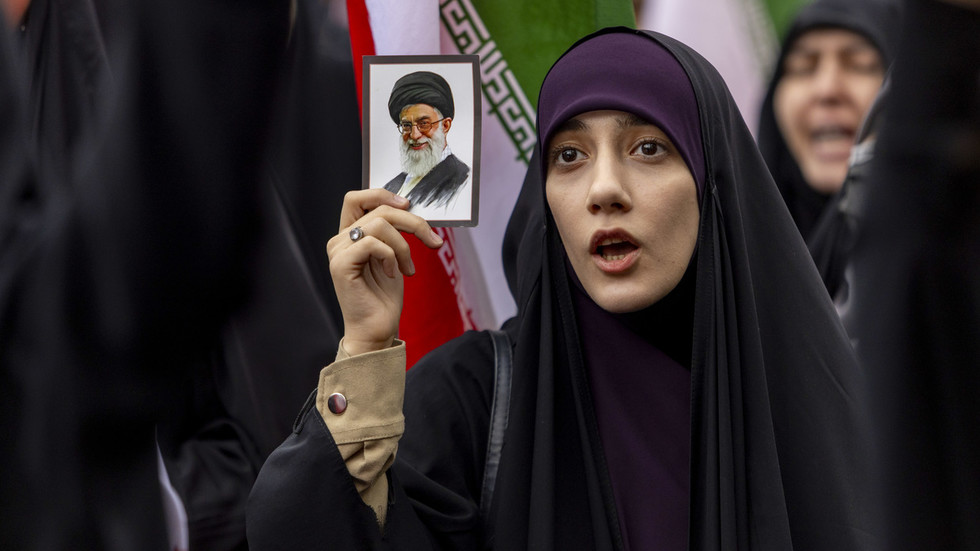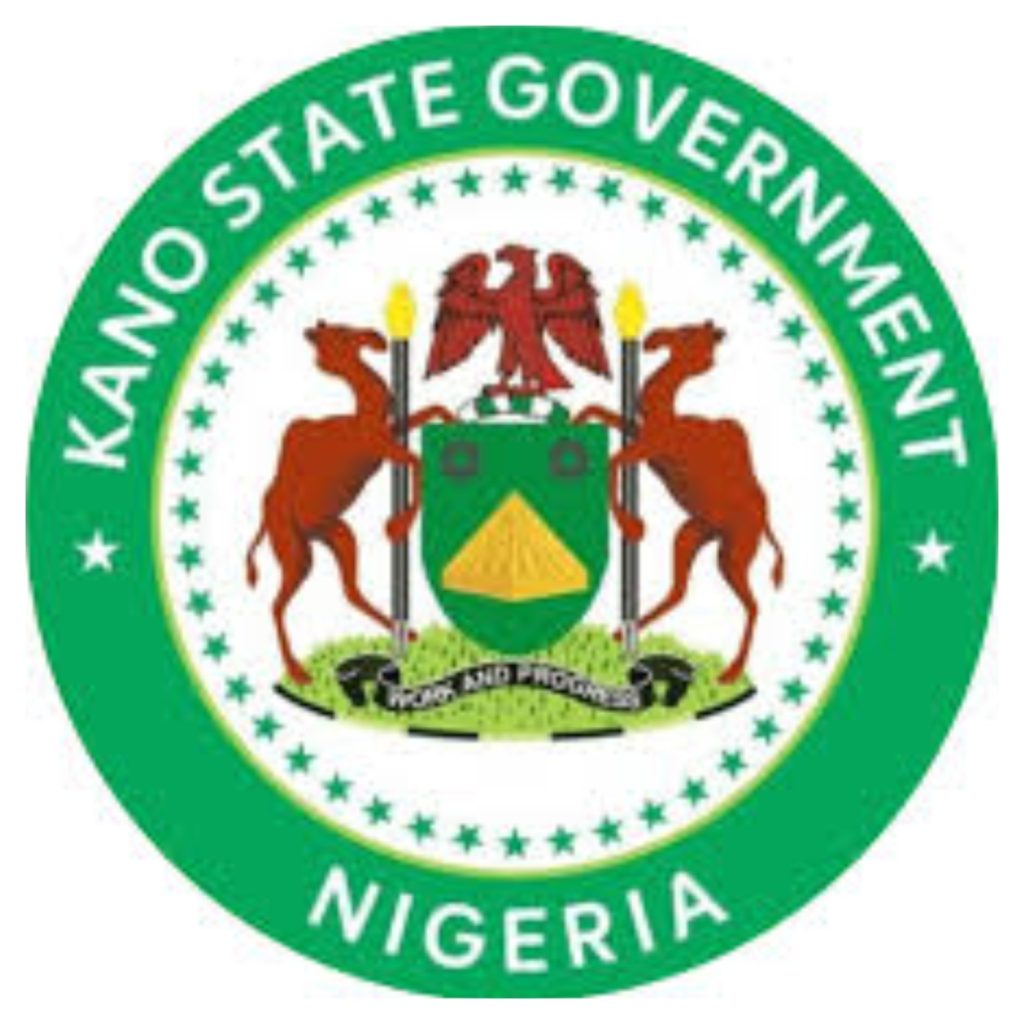A senior member of Nigeria’s ruling All Progressives Congress (APC), Adamu Garba, has issued a stark warning that the country could face systemic collapse within decades unless urgent reforms address critical flaws in its political and governance structures. In a statement shared on social media platform X (formerly Twitter) on Sunday, Garba criticized what he termed the “industrialization of politics,” arguing that the relentless pursuit of electoral victories by politicians has overshadowed effective governance and public welfare.
Highlighting systemic neglect, Garba pointed to underfunded healthcare and education sectors, where hospitals struggle with overcrowding and schools face shortages of teachers and classrooms. He accused political leaders of treating inflation and economic instability as rhetorical tools rather than actionable crises, while failing to prioritize long-term solutions. Insecurity, he argued, has similarly become politicized, with opposition parties leveraging violence as a talking point instead of collaborating to protect citizens.
Infrastructure and foreign investment priorities also came under scrutiny. Garba noted that projects are often designed to serve political interests rather than national development, citing the reliance on foreign entities to build Nigeria’s most advanced schools and hospitals despite substantial domestic budget allocations. He criticized recent international loans, such as a $300 million World Bank package, for funding temporary relief efforts for displaced populations instead of sustainable investments in healthcare and education.
Food security emerged as another pressing concern, with Garba stating that nearly half the population lacks access to adequate nutrition. He condemned politicians for investing personal wealth abroad rather than addressing agricultural and economic challenges at home. Emphasizing that these issues transcend party lines, he attributed the crisis to structural failures requiring comprehensive reform.
Garba urged younger Nigerians to confront these realities and advocate for transparency and efficiency in governance. “Without systemic change,” he warned, “the nation risks disintegration within a generation.” His remarks have sparked renewed debate about Nigeria’s governance model, particularly as the country grapples with economic instability, insecurity, and growing public disillusionment.
While his critique aligns with broader concerns over accountability in Nigerian politics, it also underscores the complex interplay between electoral strategies and national development in a nation often regarded as Africa’s largest democracy. Observers note that such calls for reform highlight mounting pressure on leaders to prioritize public needs over partisan gains amid rising socioeconomic challenges.



